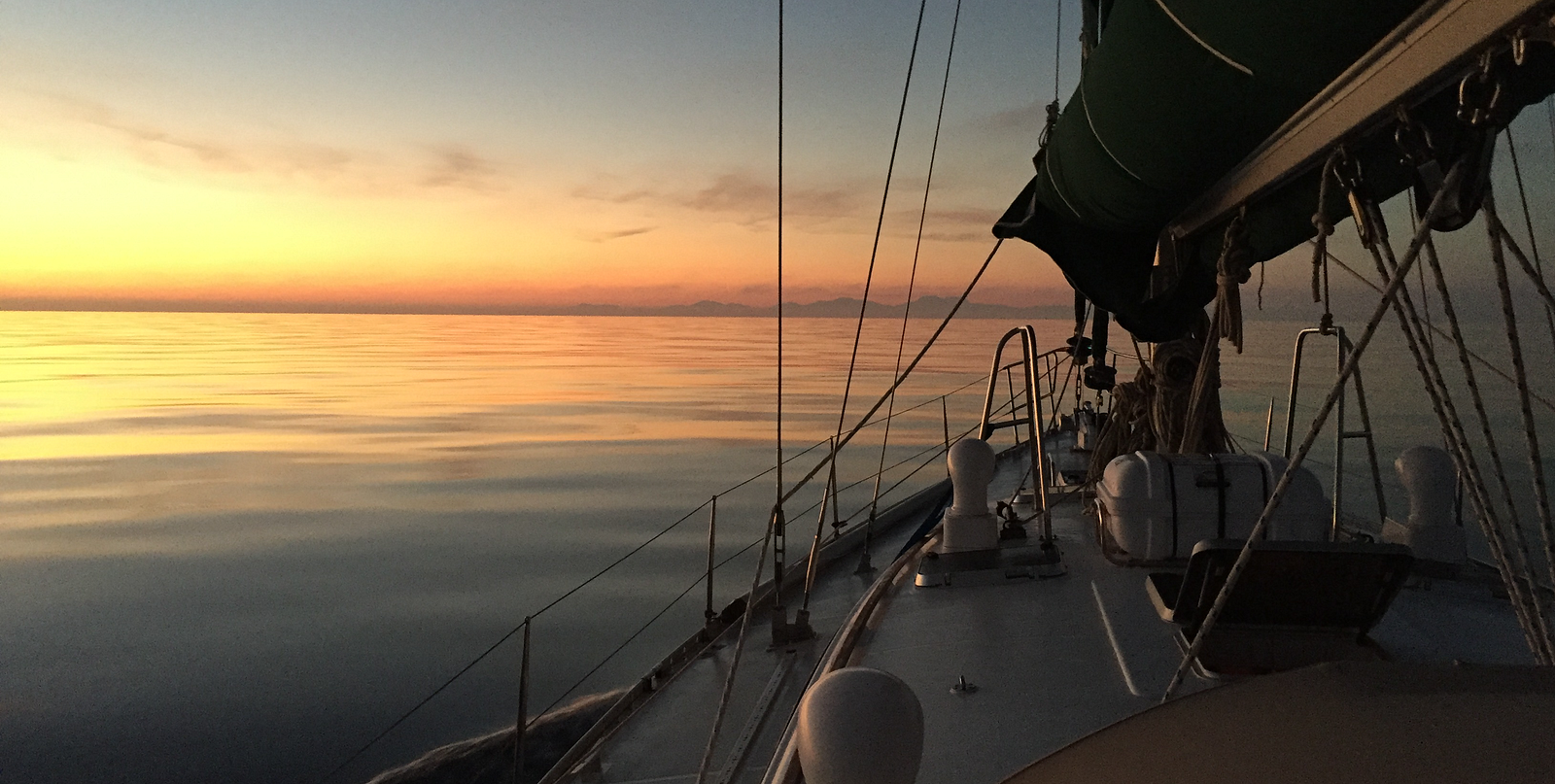
If you’re running a startup, or working in one, you probably know how much work it takes to build a brand new product from scratch. It’s not unlikely that you’re reading this post by your desk at 10pm, just because you needed a break from your sweaty keyboard.
But no matter how much and how hard you work, it’s not enough. At least that’s what some experts claim.
Most humans are social creatures, and even though the tech world is built by developers (not famous for being super keen on networking), the startup industry arranges more networking events than most other industries.
In Barcelona you can go to several events every night if you have time.
Is hard work enough?
As I’ve worked as a journalist, meeting founders and entrepreneurs every week the last year, I’ve been asking several of them why I haven’t seen them at tech events before?
The answer is usually:
“We’re busy working, I don’t have time to attend events and drink beers several times every week.”
It’s a valid point. Nine out of ten startups fail, so working day and night makes perfect sense.
I went to cover a startup competition for a major European tech blog earlier this year. After tough competition between some of Spain’s best performing startups, one of them were crowned the winner. Me and my college were surprised that we hadn’t heard of the company before, and asked them how they went beneath our radar. The founders told us:
“We usually never go to events. We actually signed up for this competition almost by accident.”
This made me wonder how many other great startups go under the radar, missing out on important exposure because they’re too busy working (too hard?).
Another example is the founder of Tradesy’s, Tracy DiNunzio, who says she thinks too many founders are wasting time going to tech events:
When I was bootstrapping through Tradesy’s first two years, I never attended events. Instead, I stayed focused (obsessed, really) on improving our product and technology. I was glued to the computer for 17 hours a day.
Building a network
It’s clear that networking is important, but it’s probably also true that many entrepreneurs would benefit more from working, than from sipping beer at tech events every other night.
To some people networking is the most natural thing to do, the ones that have the gift of speaking to anyone, anywhere about anything (or nothing). To them it’s like breathing.
For others it’s more about building a network, doing a job, rather than talking to a massive amount of people. And to some people, a small group, it’s torture.
But no matter what group you belong to, as long as your startup is being built, you’re the product. Before you have users, customers, a physical product, or any metrics at all, you and your team are the only thing representing your startup.
Connections are key, and good advice are extremely valuable, especially from people with experience from your own industry. But tech connections are not necessarily found through going to events.
It’s about being present, and especially talking to the right people. It does not have to be at tech events, but any place you can meet people caring about the product your startup is building.
Connecting to people via mail (or social media etc.) can be just as good as going to an event. Mark Suster made a good Snapstorm on how to send email intros, because there are mistakes to be made.
To sum it up:
Growing a solid network of people in your startup ecosystem can never go wrong, not to think about the vital support you can provide to other entrepreneurs building their respective upstarts.
But hard work is still as crucial as it always has been. Just because there is an event every night with great headliners and interesting topics, does not mean you have to attend.
Tech events are often a blast, and networking is good, but not for the sake of networking itself. Going to events will rarely create more value than a well-functioning team can accomplish in the same amount of time.
However building a network and providing value for your ecosystem is guaranteed to benefit both you and your startup. Just don’t do it on the expense of your startup.
…….
This post is written by Sindre Hopland, Media Manager at itnig.

